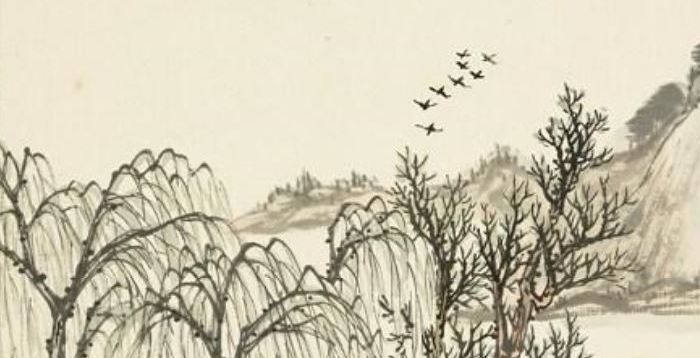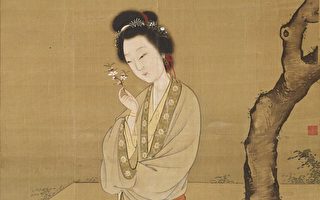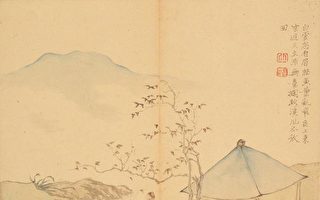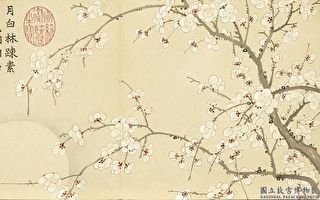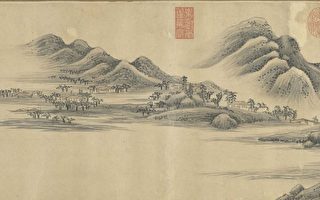水調歌頭 蘇軾
明月幾時有?把酒問青天。不知天上宮闕,今夕是何年?
我欲乘風歸去,又恐瓊樓玉 宇,高處不勝寒。起舞弄清影,何似在人間?
轉朱閣,低綺戶,照無眠。不應有恨,何事長向別時圓?
人有悲歡離合,月有陰晴圓 缺,此事古難全。但願人長久,千里共嬋娟。
The Water Melody Song
by Shu Shi
From what time there’s the bright moon in the universe?
Holding the cup full of wine, I ask the azure sky.
I don’t know in which year the heaven palacetonight is.
I really want to ride the wind flying away up high.
But I fear in the crystal and jade heaven palace,
It is too high to bear the cold and lonely there.
So let myself and my shadow together dance.
In the human world it’s also my joy.
The moon shines around the red lofts.
The moon shines through the pretty doors.
The moon shines upon the people sleepless.
Oh, moon, I should not complain your tease,
But why you are often round when parting comes?
Human has sorrows and joys, separations and reunites.
The moon may be dim or bright, full or scarce.
These things could not be perfect from ancient times.
May the people all have the long and lasting lives,
Sharing the same moon beyond thousands of miles.
@





